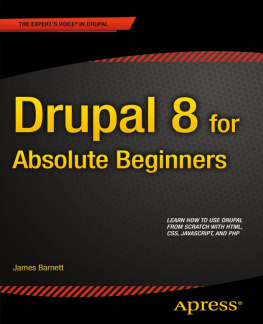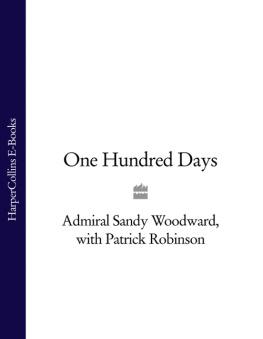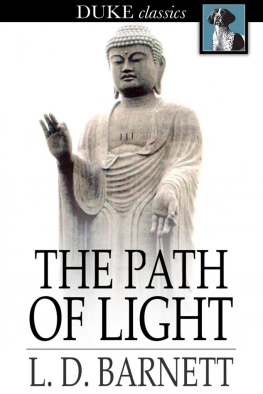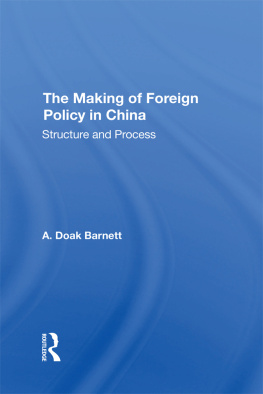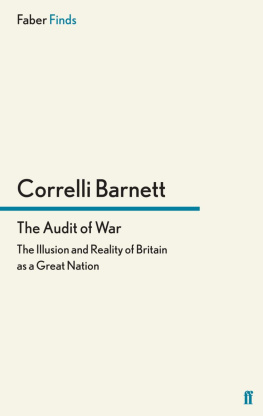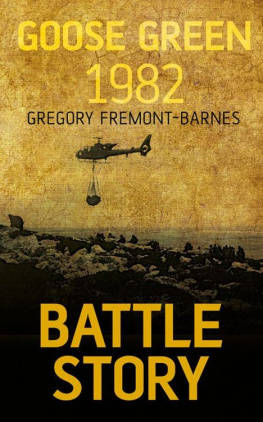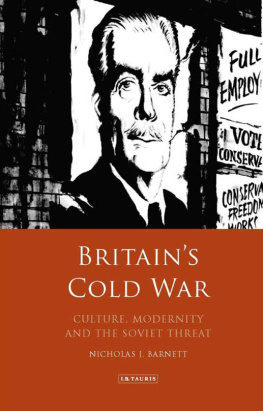For Eleanor Herrin and Tamara Deutscher, who made me see that it was not a comic expedition
Iron Britannia in 2012
Miss Roberts was very fervent in her determination to stand by the Empire. It was the most important community of peoples that the world had ever known. It was so bound with loyalty that it brought people half way across the world to help each other in times of stress. The Empire must never be liquidated.
An account of the first known speech by Margaret Thatcher, 25 June 1945, at a general election hustings in Sleaford, Lincolnshire.
It is the New Year. Preparing a new edition of my Iron Britannia, I sit and re-read this book written half a lifetime ago, and I am shocked. Having expected to write a brief, ironic introduction on the thirtieth anniversary of a past polemic, mainly to help those young enough to have no recollection of the Falklands War, I am instead appalled at how relevant the book has once again become.
The cause of my astonishment is not only that the issue of the Falklands is resurfacing, if that is the right word. Now that massive oil reservoirs under the seabed have apparently been confirmed, the islanders (being so few) are tagged to become per capita the richest people on earth. Where there is oil there is conflict, and as Argentina asks for a dialogue over the resources, the tropes of old attitudes revive, instincts are stirred and the UK responds with warlike postures.
The focus of Iron Britannia is on the short period between April and June 1982, the weeks when its first draft was written. I believe that moment revealed the underlying mental universe of British politics, exposed by the magnificent Iron Lady. After Argentina seized two islands the size of Wales, 290 miles from its coast and with less than two thousand souls upon them, a Task Force of more than a hundred ships and over twenty-five thousand men headed 8,000 miles into the South Atlantic to win back a place almost none of us here had heard of, that in no previous sense belonged to us, and were inhabited by a few hundred poor islanders who could easily have been offered munificent compensation by the UK government for its failure to defend them.
As it was, over ten thousand British soldiers were landed. Supported by naval artillery and US satellite intelligence they fought to the death with more than thirteen thousand Argentinian conscripts, on almost uninhabited rocks. How could this have happened with the support of all the political parties and no serious opposition? Many merely blamed (or praised) the determination of Margaret Thatcher. Yet there was clearly more to it. An enraged House of Commons and a howling media were bellowing for a fight as she announced that the Navy would set sail. There had to be something in the water here in Britain (and therefore in my waters too) for the whole country to willingly risk the sacrifice of hundreds of young men and the crippling of many more, the devastation of their families, the even larger number of likely enemy casualties, the staggering costs, and the possibility of a military catastrophe, to embrace with such enthusiasm a war for nowhere.
The war was unexpected and the victory a nice surprise (We werent sure we had it in us). But what was then revelation has now become expectation. The Falklands War is not, as I hoped it would be, merely an exhibit of how we were. It is the starting point for what we have become. The victory did not just ensure a decade of Thatchers direct hegemony, impressive enough though that was. It has inspired what can be called a Falklands Syndrome.
This Falklands Syndrome means two things. First, our rulers feel entitled to demonstrate military superiority whenever possible. (The sub-text is that they believe such a demonstration will enhance their popularity, renew their personal can-do spirit for application to domestic matters, and elevate their standing abroad. While it helps to know that the war can be easily justified, it is the urge to win against the odds that matters.) Second, any defeat or setback vindicates the need for the Falklands Syndrome, not its mistaken nature. It is a classic case of an irrefutable mindset, sanctified by frustration as much as it is vindicated by victory.
After he became Prime Minister, Tony Blair turned the Falklands Syndrome into what he pretentiously described as his Chicago Doctrine. principles rather than the need to defend oneself, has come to mark the post-Cold War world.
When Iron Britannia was written, the Falklands campaign appeared to be a colonial throwback, sending forth a show of force, all flags flying, to a remote, watery corner of the planet, and a nostalgic re-enactment of the Second World War. The larger part of my shock when I re-read Iron Britannia was the realisation that the throwback was in fact a harbinger: three decades ago the Falklands War welcomed us to the future. And now, looking back, I begin to see how it was done.
The Task Force of 1982, far from being old-fashioned, became a model for modern interventions, from Kuwait in 1991 to Afghanistan; and also, to the delight of the arms industry, a test-bed for high-tech conflict. At home, the Falklands Syndrome inspired New Labour even more than the Tories to seek military forms of popularity and renew the countrys martial spirit. Unless it is stopped, the Falklands Syndrome will infect or, if you must, inspire a fourth decade.
For as we know, the Falklands Syndrome can win elections and shape British politics. We can see its potential to do so more clearly now than, say, ten years ago because the combined impact of the 2008 financial crash and its economic consequences, alongside defeats in Iraq and Afghanistan, are exposing once again the foundations of Britains peculiar political culture, which is the main focus of Iron Britannia.
Once again, we confront the same toxic mixture of economic failure, high unemployment, the threat of permanent decline, a defiant national sense of self-worth, and a pathological ache for global influence which marked the seventies in Britain. Yet again, a backbench and media chorus is preparing us to seek strength through leadership, in the belief that the example of the Falklands is the best way to renew ourselves in a crisis. Once more, the legend re-emerges in the South Atlantic of a defiant underdog who deserves to influence the world.
I attempted to demystify this marvel at the start of the 1980s when Margaret Thatcher seemed to become both a reincarnation of Boadicea and our Roman Emperor at one and the same time. Our government and media are not just looking back to the spirit of that moment on its thirtieth anniversary: they would love to repeat it if they can. So I have turned this introduction in large part into a warning. Dont think of the Falklands as an exception, as I did. Contemplate what happened thirty years ago as the norm. Look out for the preparations to do it again.
When the Task Force set sail thirty years ago, it was only thirty-six years from the end of the Second World War. It was understandable that a painful, inspiring mixture of emotions should have gripped Thatchers generation Labour and Liberal as well as Tory. They lived through the war as teenagers or had served as young soldiers. In 1982, eight of Thatchers Cabinet had fought, four had been wounded and four had received medals. The revealing account of Thatchers imperial sentiments quoted at the start of this introduction dates from the general election campaign of June 1945, when the war in the Pacific was still underway. She was a third-year student at Oxford, speaking for the local Tory candidate in a Lincolnshire constituency near her home. It was forty-eight days after the German surrender and forty-two days before Hiroshima opened the nuclear age.





